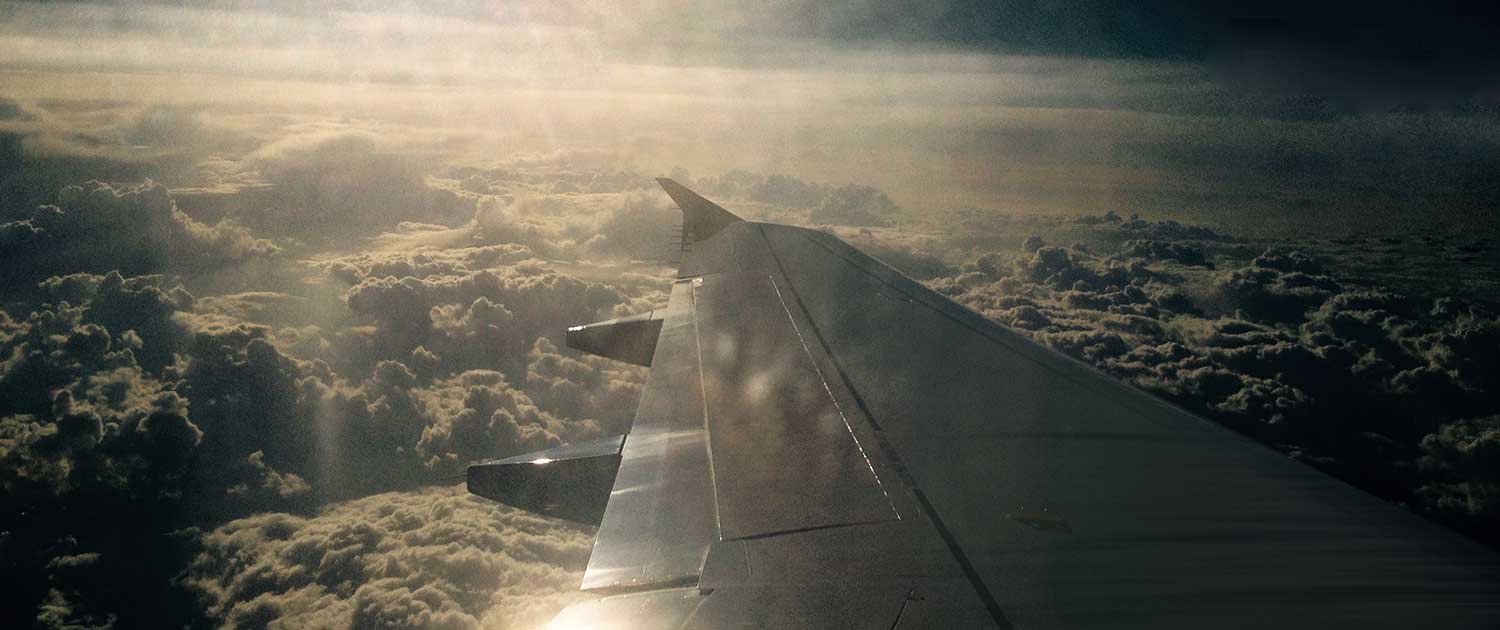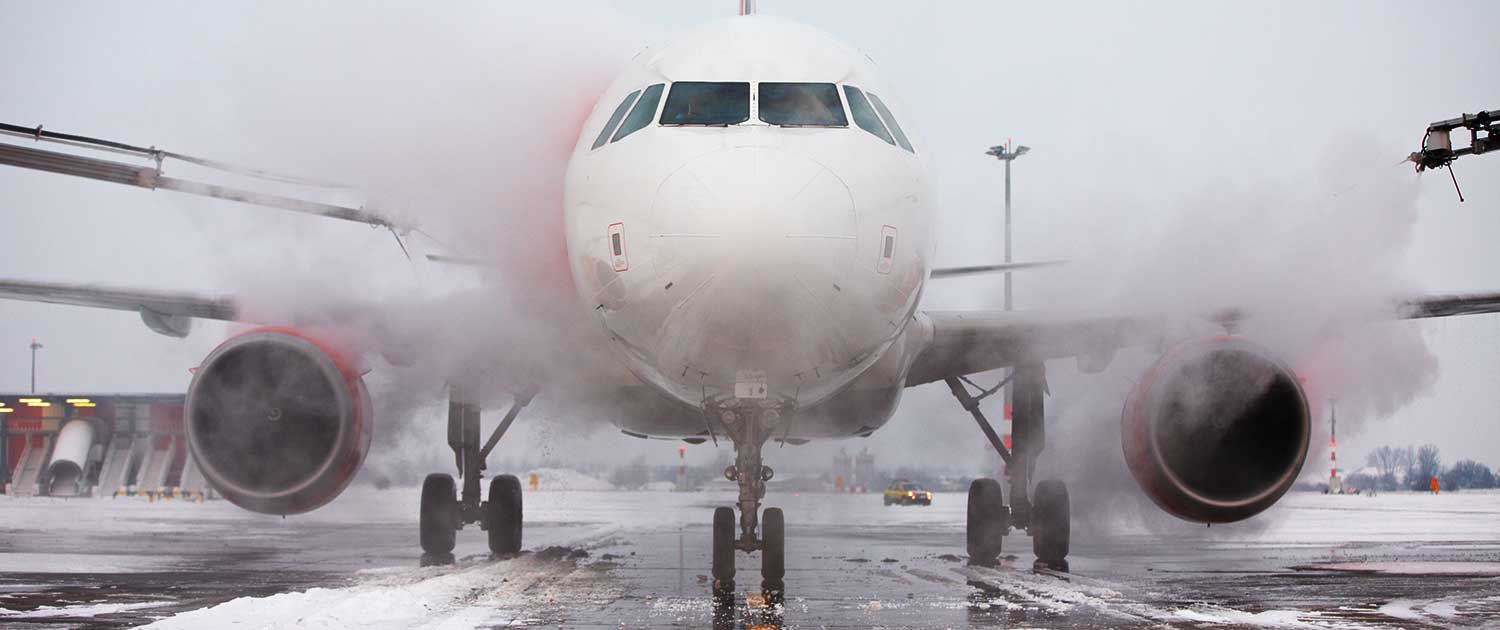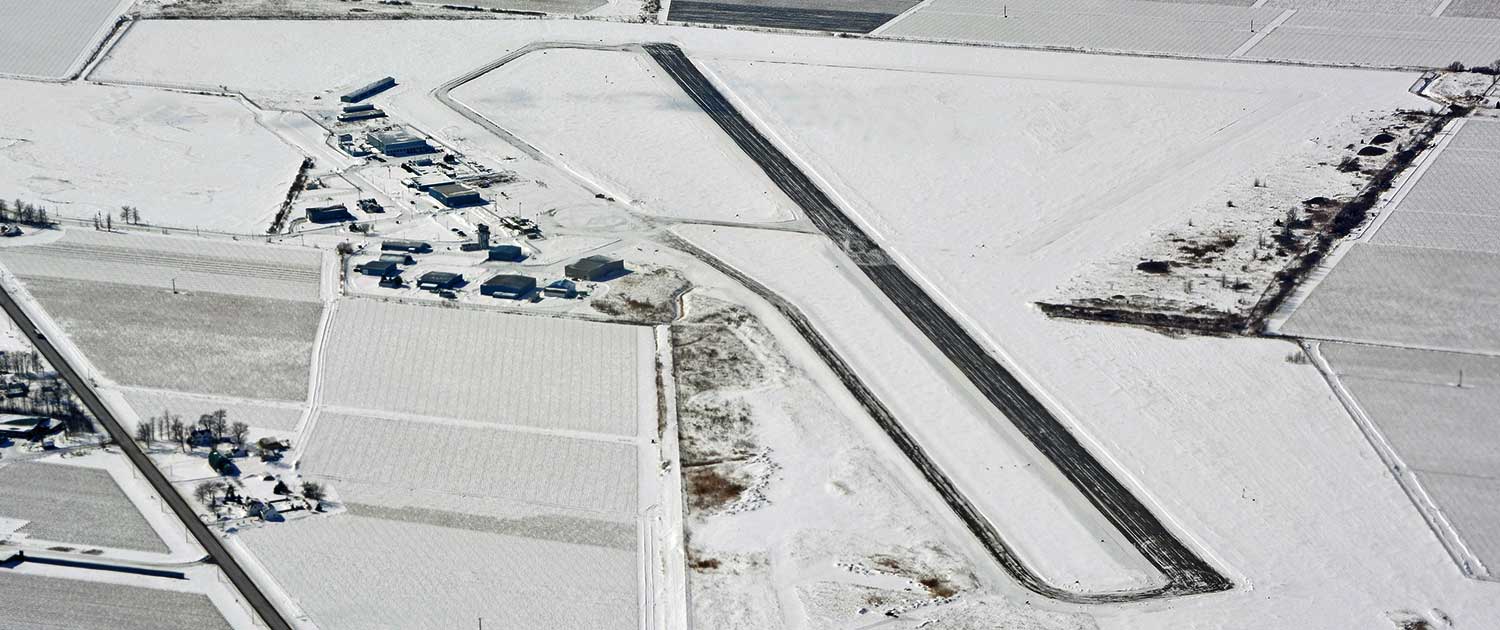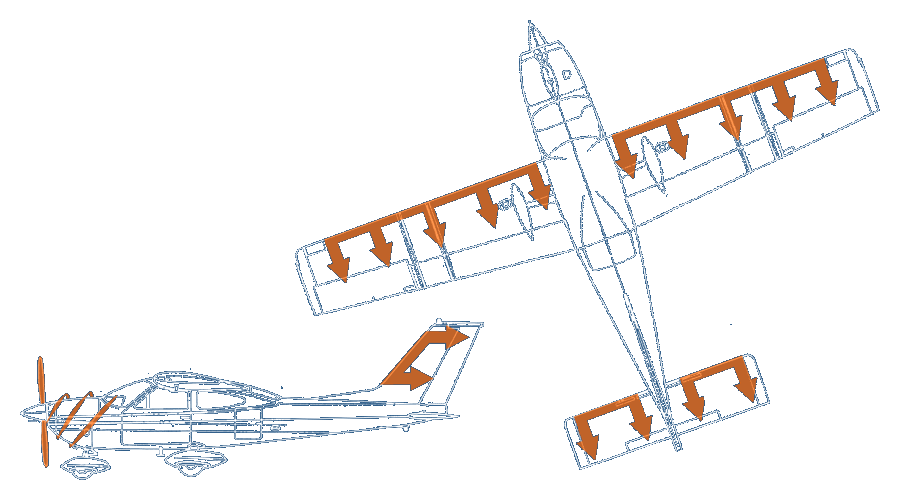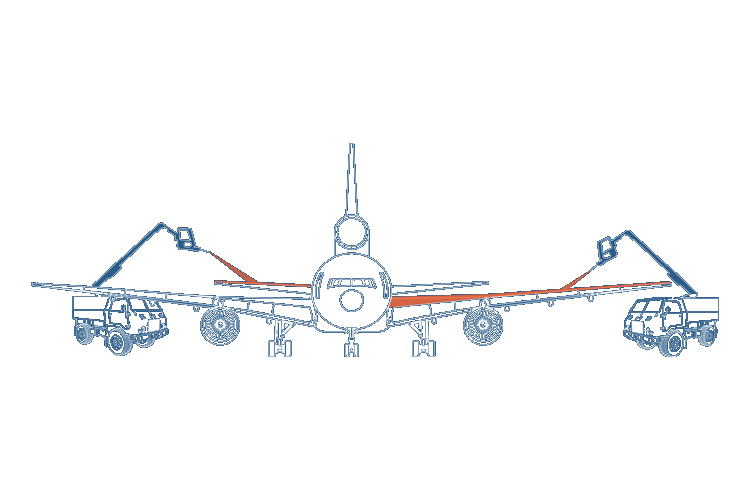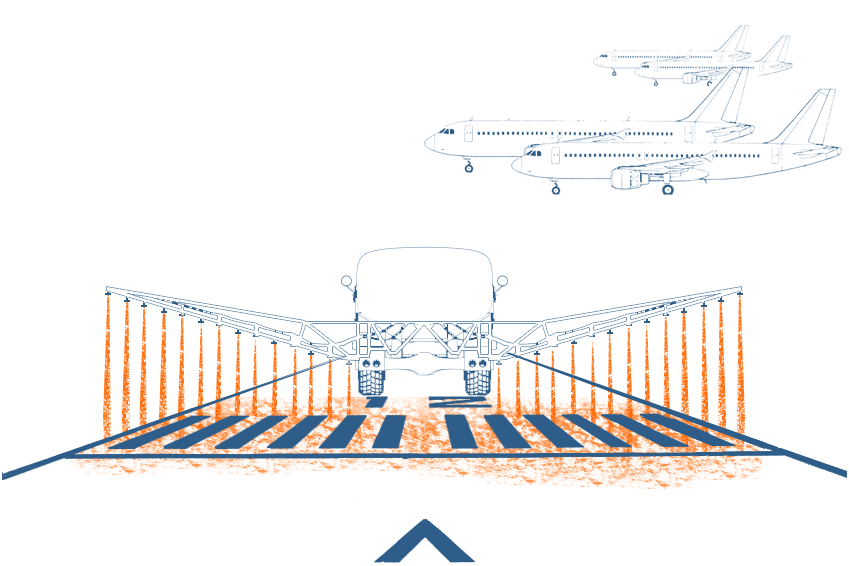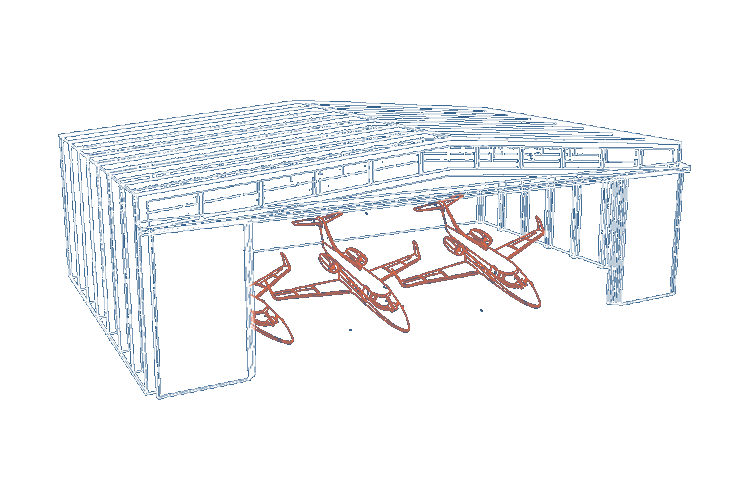In extreme wintry conditions, airport operators and aircraft owners face the difficult task of both guaranteeing the safety of winter flight operations as well as ensuring that the environmental impacts of aircraft and airfield deicing materials are minimised.
This involves removing ice and snow from the surfaces of aircraft before take-off.
Runways as well as other airfield surfaces such as taxiways and aprons must also be free from ice and snow.
ULTRABLUE Aviation Chemicals offers aircraft deicing and icing protection fluids for use on the ground and in flight (TKS deicing systems), as well as surface deicers in granulate and fluid forms. The range is rounded out by antifreeze fluids for water-bearing systems such as drinking water and freshwater systems and toilet systems.
All products have been developed in accordance with international requirements and are highly environmental sustainable. These special formulations ensure that corrosion of the materials used in aircraft production is reduced to a minimum.

